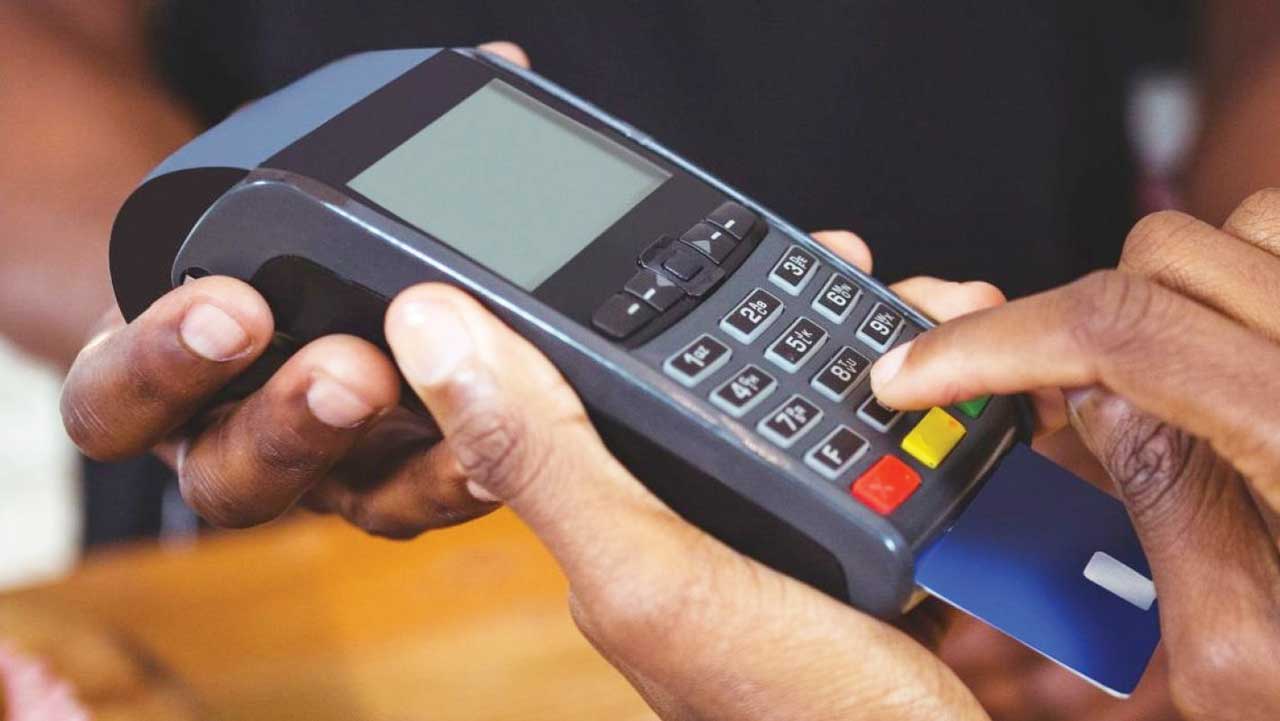The Nigerian Inter-Bank Settlement System (NIBSS) recently reported a significant milestone in the country’s financial landscape: electronic payment transactions reaching a staggering N600 trillion in 2023.
This landmark figure highlights the profound shift towards digital payment methods in Nigeria’s economy and underscores the importance of understanding the factors driving this transformation.
Read also: NIBSS cuts instant transfer fees, but banks will not lower fees
Government Initiatives and Policy Frameworks
One of the primary drivers behind the surge in e-payment transactions is the concerted effort by the Nigerian government to promote cashless economies and financial inclusion. Initiatives such as the Cashless Policy introduced by the Central Bank of Nigeria (CBN) have played a pivotal role in encouraging individuals and businesses to embrace electronic payment solutions. These policies have led to the development of a robust infrastructure to support digital transactions, including the deployment of point-of-sale (POS) terminals, mobile payment platforms, and online banking services.
The rapid advancement of technology and increased internet penetration have also contributed significantly to the growth of e-payment transactions in Nigeria. With more Nigerians gaining access to smartphones and affordable internet services, the barriers to adopting digital payment solutions have diminished. Mobile wallets, payment apps, and online banking platforms have become increasingly accessible, enabling individuals to conduct transactions conveniently from their devices.
Changing Consumer Preferences and Behaviors
Consumer preferences have evolved, with many Nigerians opting for the convenience and security offered by electronic payment methods. The younger generation, in particular, has embraced digital technologies and is more inclined to use mobile payment solutions for their day-to-day transactions. Moreover, the COVID-19 pandemic accelerated the shift towards contactless payments, as consumers sought safer alternatives to traditional cash transactions.
The proliferation of e-payment solutions has expanded access to financial services for millions of Nigerians, particularly those in underserved and remote areas. Mobile money platforms and digital banking services have bridged the gap, allowing individuals to access banking services, make payments, and send money without the need for traditional bank accounts. This has enhanced financial inclusion and empowered individuals to participate more fully in the formal economy.
E-payment transactions offer significant advantages in terms of efficiency and transparency compared to cash-based transactions. Digital payments can be processed quickly and securely, reducing the time and resources required for manual reconciliation and record-keeping. Moreover, electronic transactions leave a digital trail, enhancing transparency and accountability in financial transactions, which is essential for combating fraud and corruption. The growth of e-payment transactions has positive implications for economic growth and innovation in Nigeria. By facilitating seamless transactions and reducing friction in the payment process, digital payment solutions contribute to increased business activity and productivity. Furthermore, the emergence of a vibrant fintech ecosystem, driven by the demand for innovative payment solutions, has created opportunities for entrepreneurship and job creation in the country. While significant progress has been made in expanding the infrastructure for electronic payments, challenges remain, particularly in rural areas where access to reliable internet connectivity and electricity is limited. Addressing these infrastructure gaps will be crucial to ensuring that all Nigerians can fully participate in the digital economy.
As e-payment transactions continue to proliferate, cybersecurity and data privacy concerns have become increasingly prominent. Safeguarding sensitive financial information and protecting against cyber threats will require ongoing investment in robust cybersecurity measures and regulatory frameworks to mitigate risks and build trust in digital payment systems.
Lastly, The milestone of N600 trillion in e-payment transactions reported by NIBSS in 2023 is a testament to the remarkable growth and transformation of Nigeria’s financial landscape. As the country continues to embrace digital payment solutions, it is essential to address the challenges and seize the opportunities presented by this shift towards a more inclusive, efficient, and resilient financial ecosystem. With the right policies, investments, and partnerships, Nigeria can harness the power of digital technology to drive sustainable economic growth and improve the lives of its citizens.




